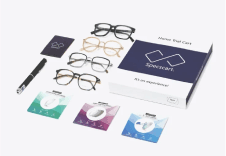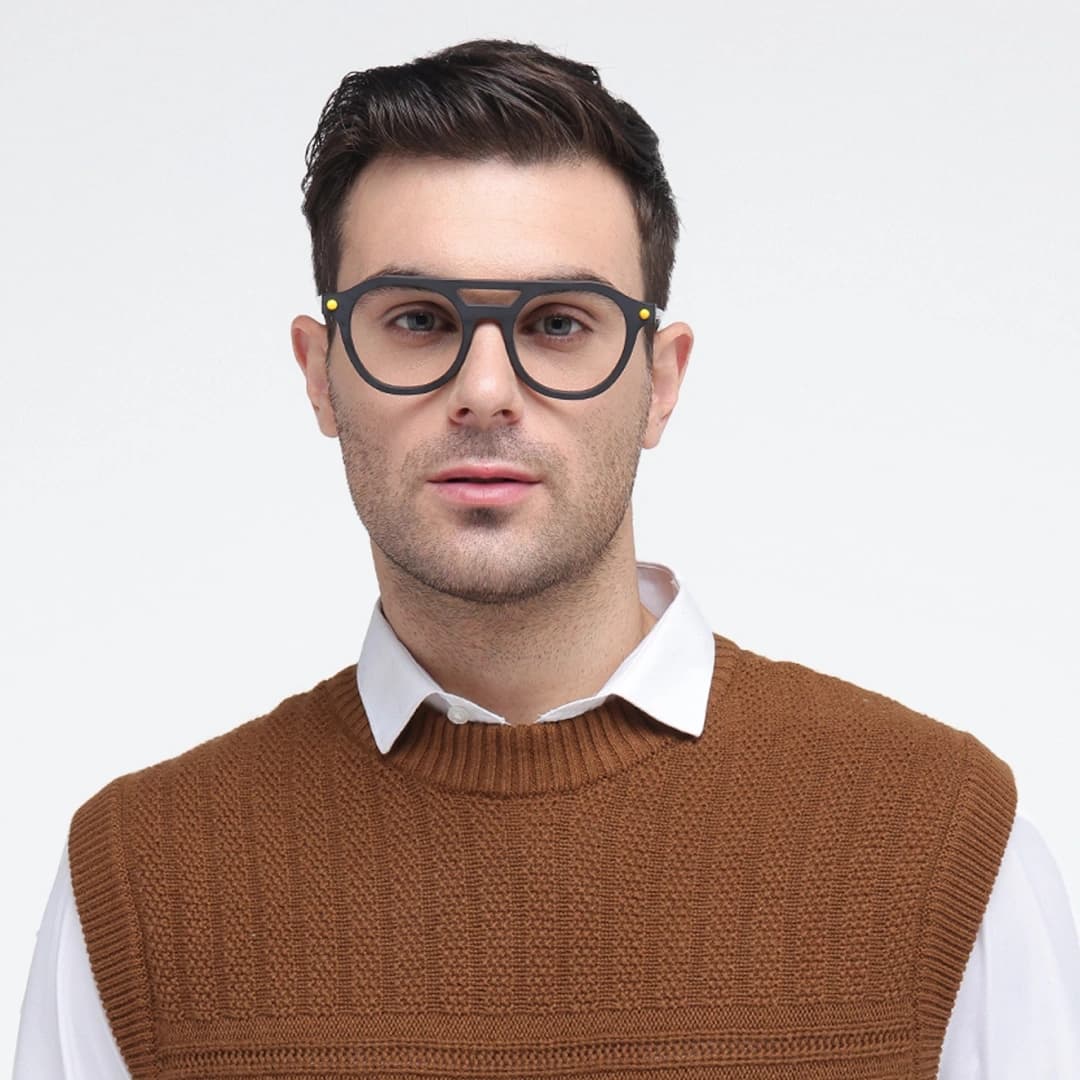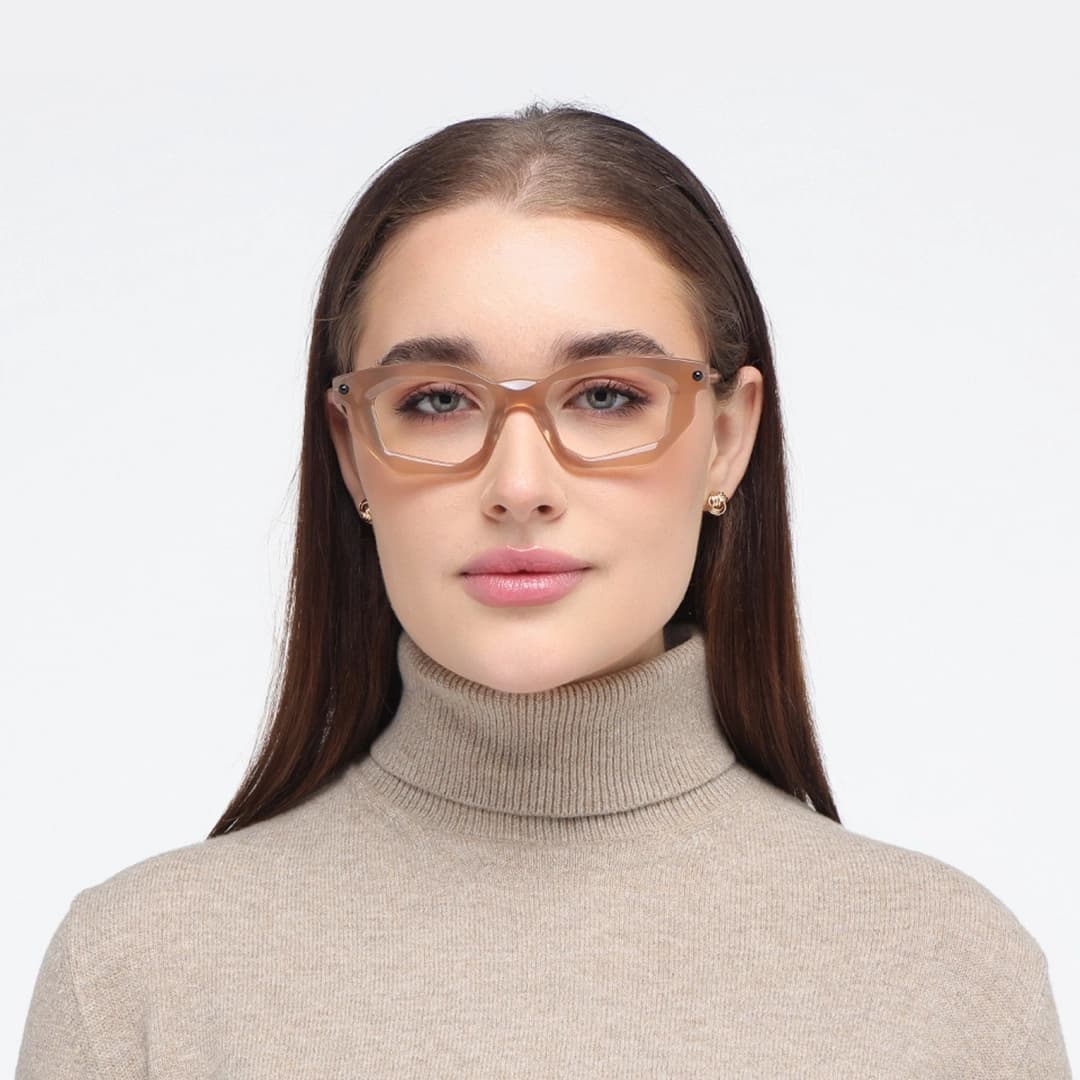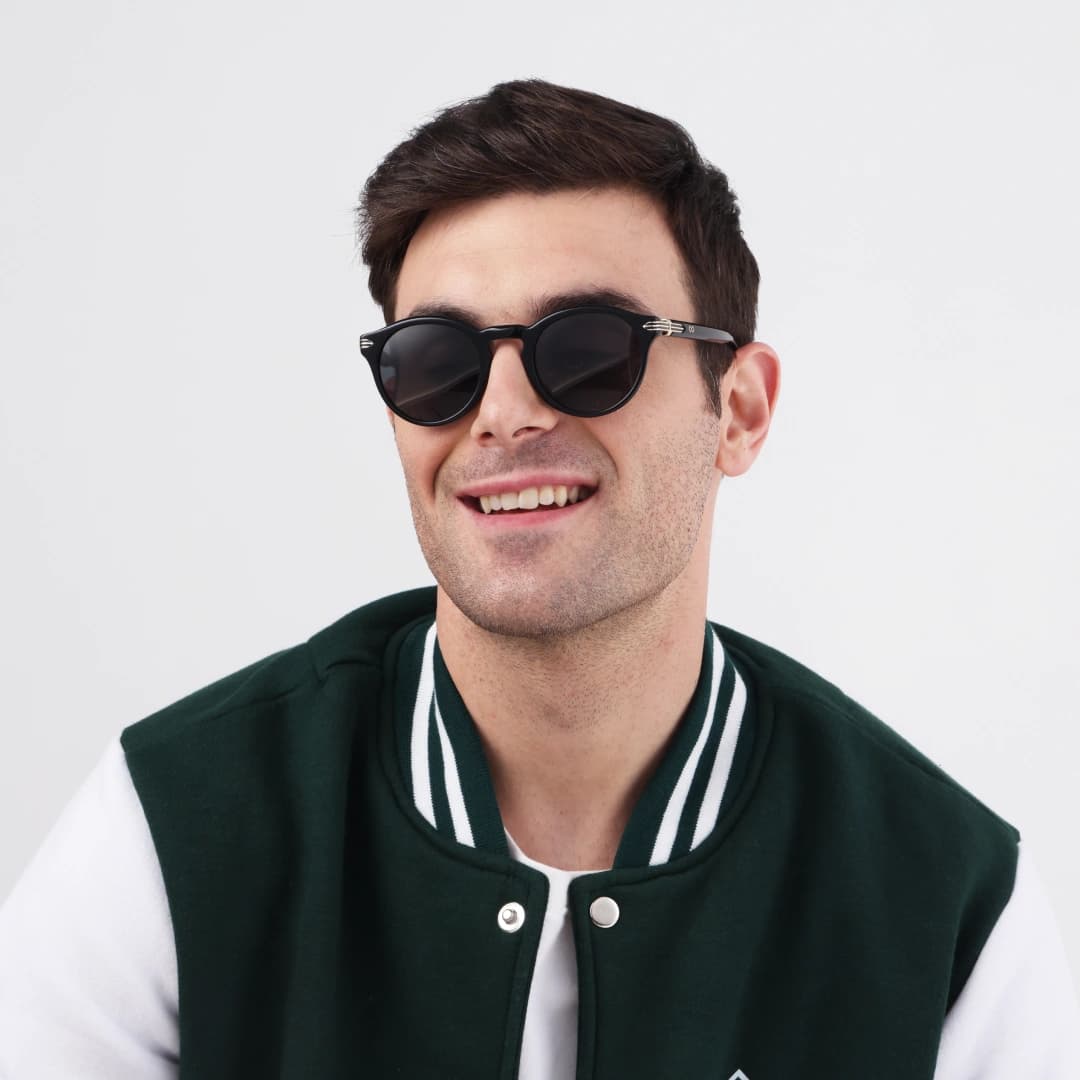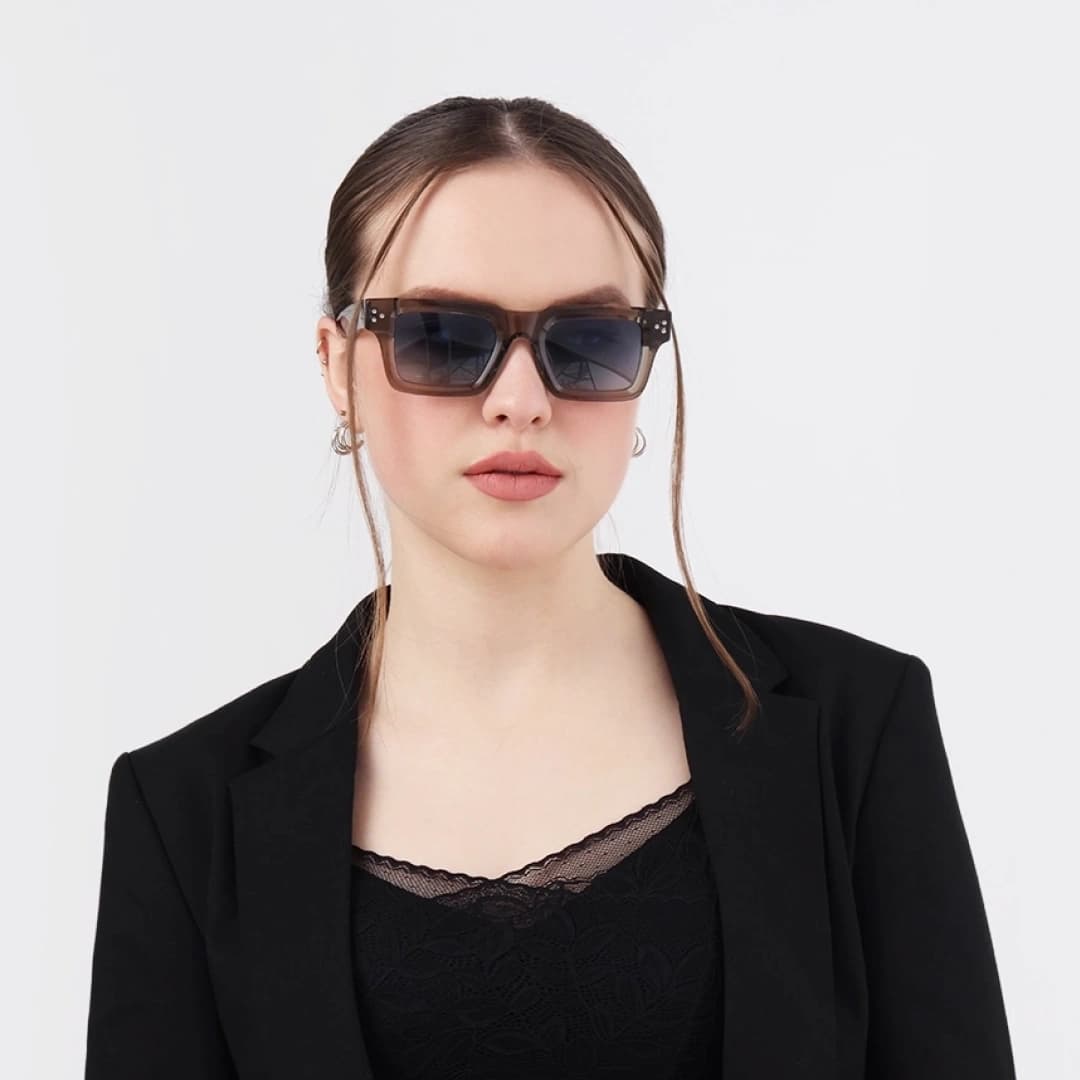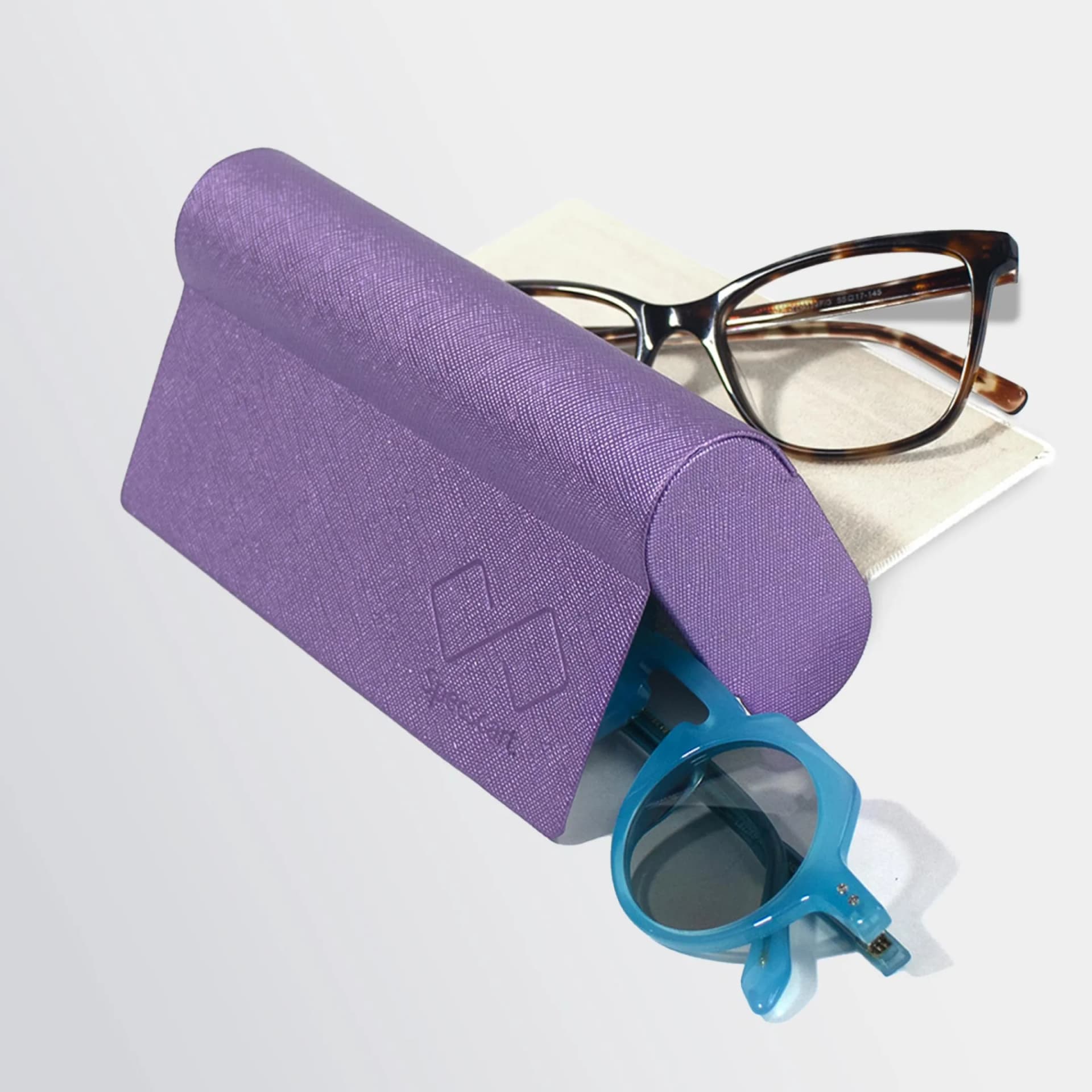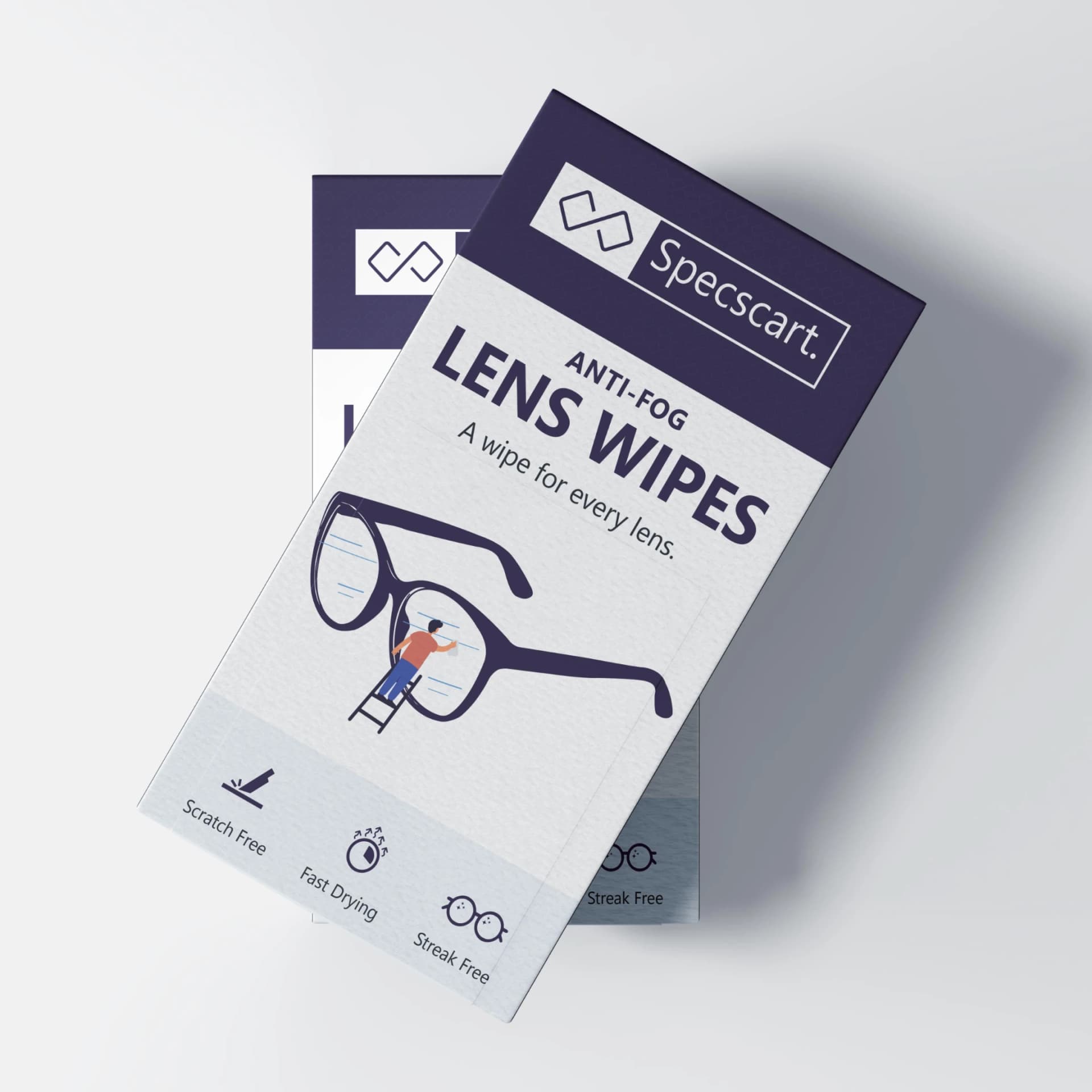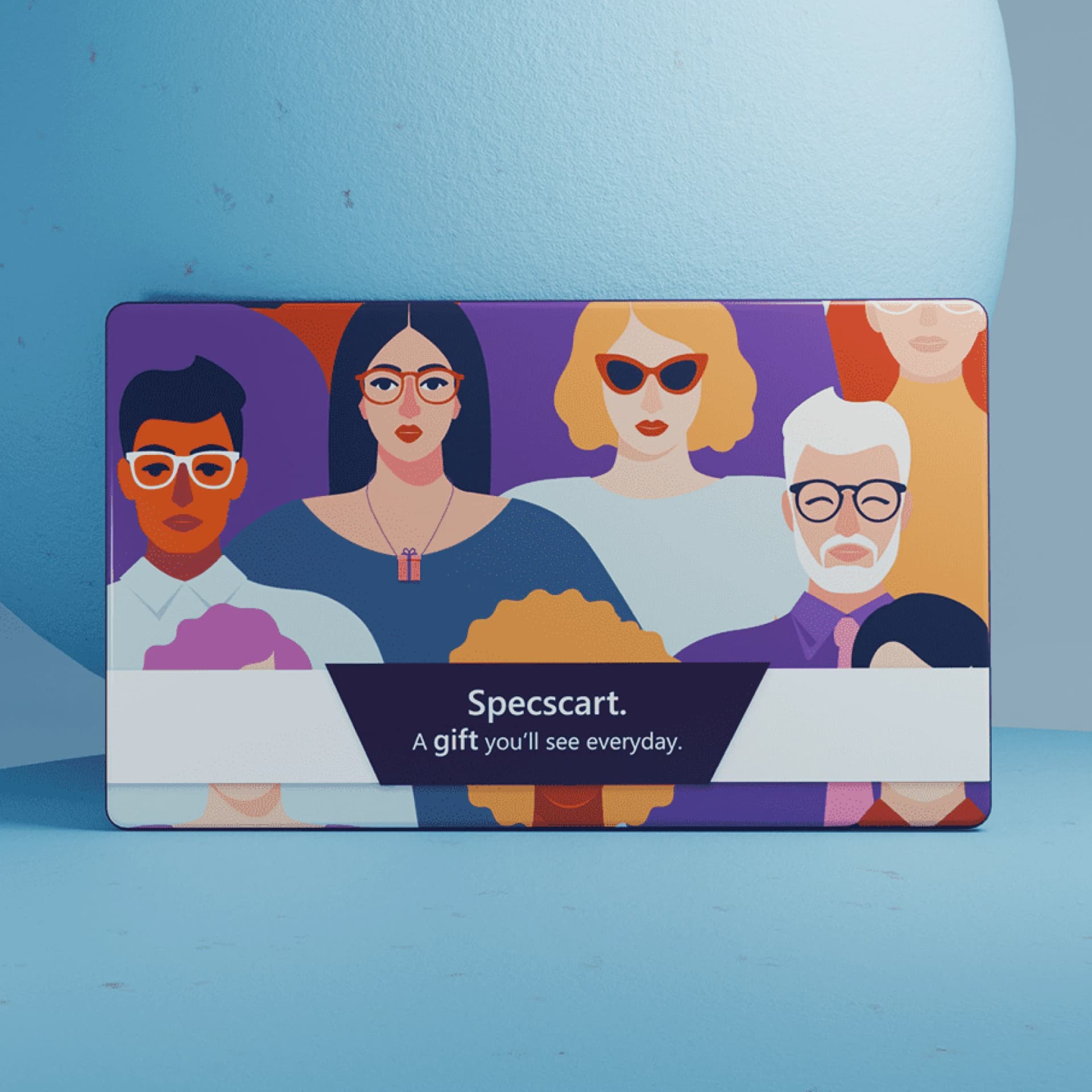I remember the time when I caught my dad squinting and holding the morning newspaper at arm's length like it might bite him. After a couple of days, he got himself a pair of glasses, but I heard him saying, “Are these glasses making my eyes worse?” This is a common concern among people, especially when one reaches the mid-40s. People start thinking that reading eyeglasses will weaken their eyes. But is this true? Let’s understand why you need spectacles and how technology advancements are a great help, and whether these handy lenses are helping or hurting your vision.
What is Presbyopia?

Presbyopia is a condition where the ability of our eyes' muscles to focus on near objects starts weakening with age. It is usually seen in people above the age of 40, but it can vary depending on an individual’s eye health. To correct the condition, people go for reading glasses that allow them to focus on nearby objects.
Imagine a scenario where you feel stuck, as the images are getting a little blurry while watching the screen of your smartphone, reading some books, or a recipe of your interest. But while focusing on them, you need to put in extra effort. This is going to work only for some time. That’s where a good pair of reading glasses steps in, offering the sharpness your eyes need without the strain.
How Reading Glasses Work?
Reading glasses are designed to help your eyes focus on nearby objects when presbyopia makes vision weak. These glasses use convex lenses, which are thicker at the centre, to slightly bend light rays before they enter your eyes. This helps to move the focal point forward so that it lands correctly on your retina, making close-up objects appear clearer. They reduce eye strain, squinting, and headaches, and help you maintain focus on detailed tasks for longer. It is an effective solution for improving near vision without affecting your long-term eyesight.
Myths Related to Reading Eyeglasses
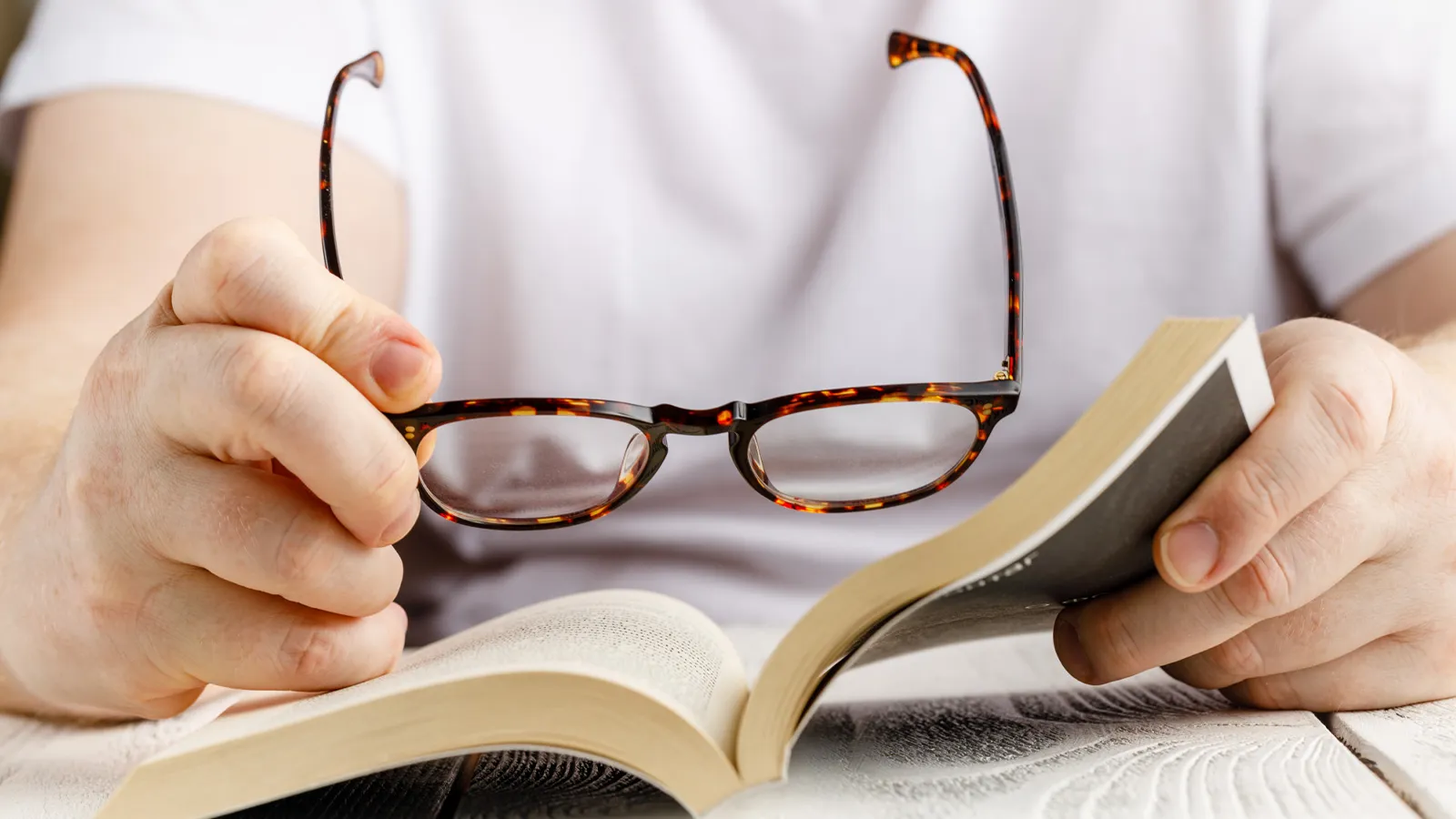
Here are the myths which people usually have about reading glasses and their effect on eyesight-
It is a myth that eyeglasses are bad for your vision. Initially, it takes time while adjusting to a new pair of glasses. However, once you spend a couple of days with your new glasses, your brain gets adjusted to them. In the long run, you no longer have to deal with eye strain, headaches, and squinting that you have to face while reading without glasses, and texts also appear clearer. Prescription glasses correct your refractive error, and they don’t cause any damage to your vision or eye health.
Doing some eye exercises helps. Yes, a little help. But in the long run, your prescription glasses can only help you to get a clear vision. As the ciliary muscles weaken with time, and to ease their work, a pair of glasses is the only solution.
How to Prevent Eye Weakening?
To keep your eyes healthy, you should follow a healthy lifestyle. Taking breaks between continuous screen time or following the 20-20-20 rule can reduce eye strain. Eating foods which are rich in Vitamin A, C, E, and Omega-3 fatty acids can balance your diet. And the most important part is to maintain hygiene, like avoiding rubbing your eyes, as it can damage the cornea over time. However, these can only delay your eye muscles from weakening and can’t stop them completely.
Wrapping It Up
In reality, reading glasses don't weaken your eyes; they give support to get clear vision. They adjust the focus of your eyes so that it is more comfortable for you to do all close-up tasks. As we age, the eye’s natural lens loses flexibility, and reading glasses compensate for that. When used wisely, they’re not a sign of weakness but a smart step in maintaining healthy vision.
Caution: You may become style obsessed
Your way finder
2000+ Trendy Styles

Fashion Forward Sunnies





















